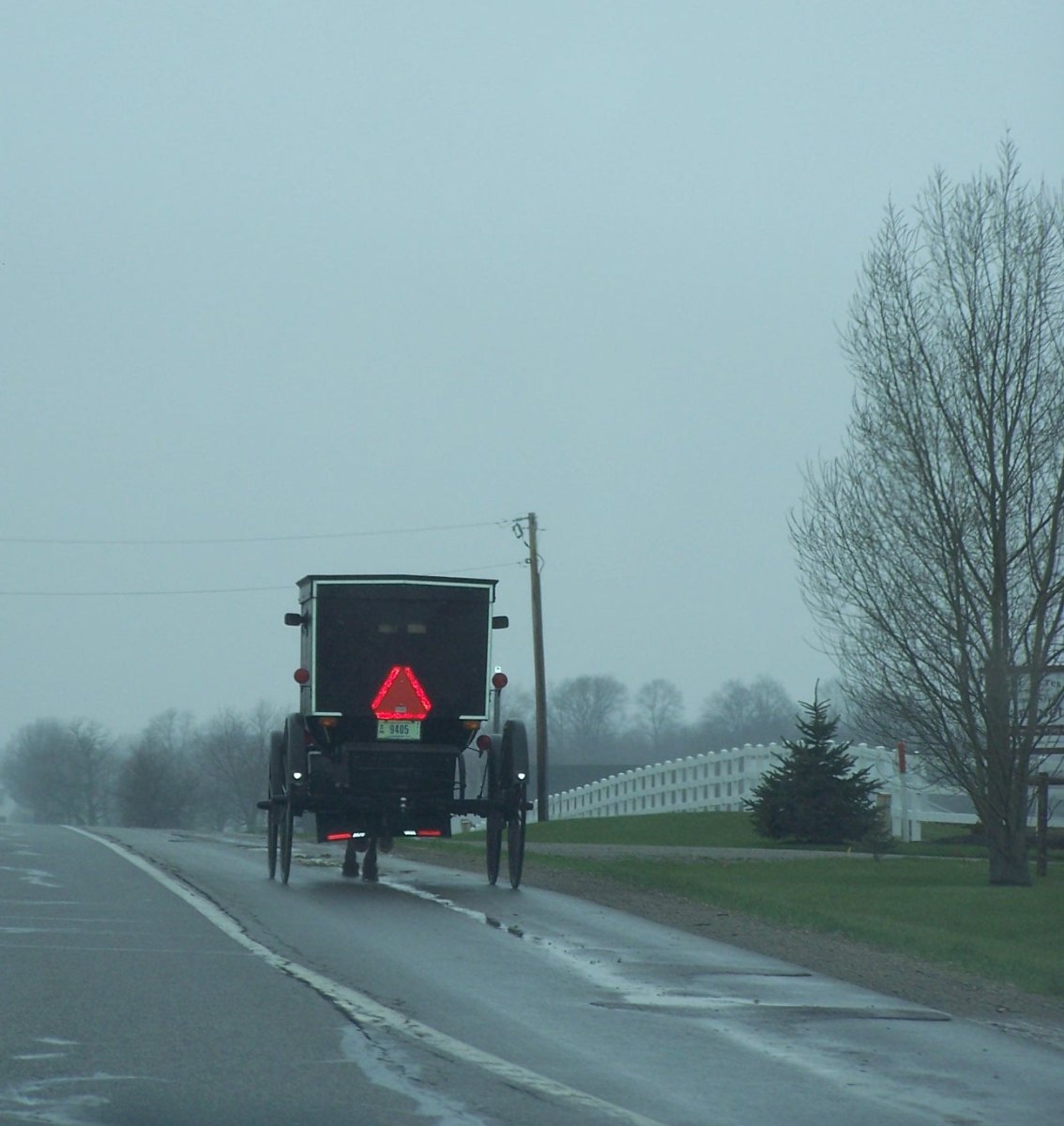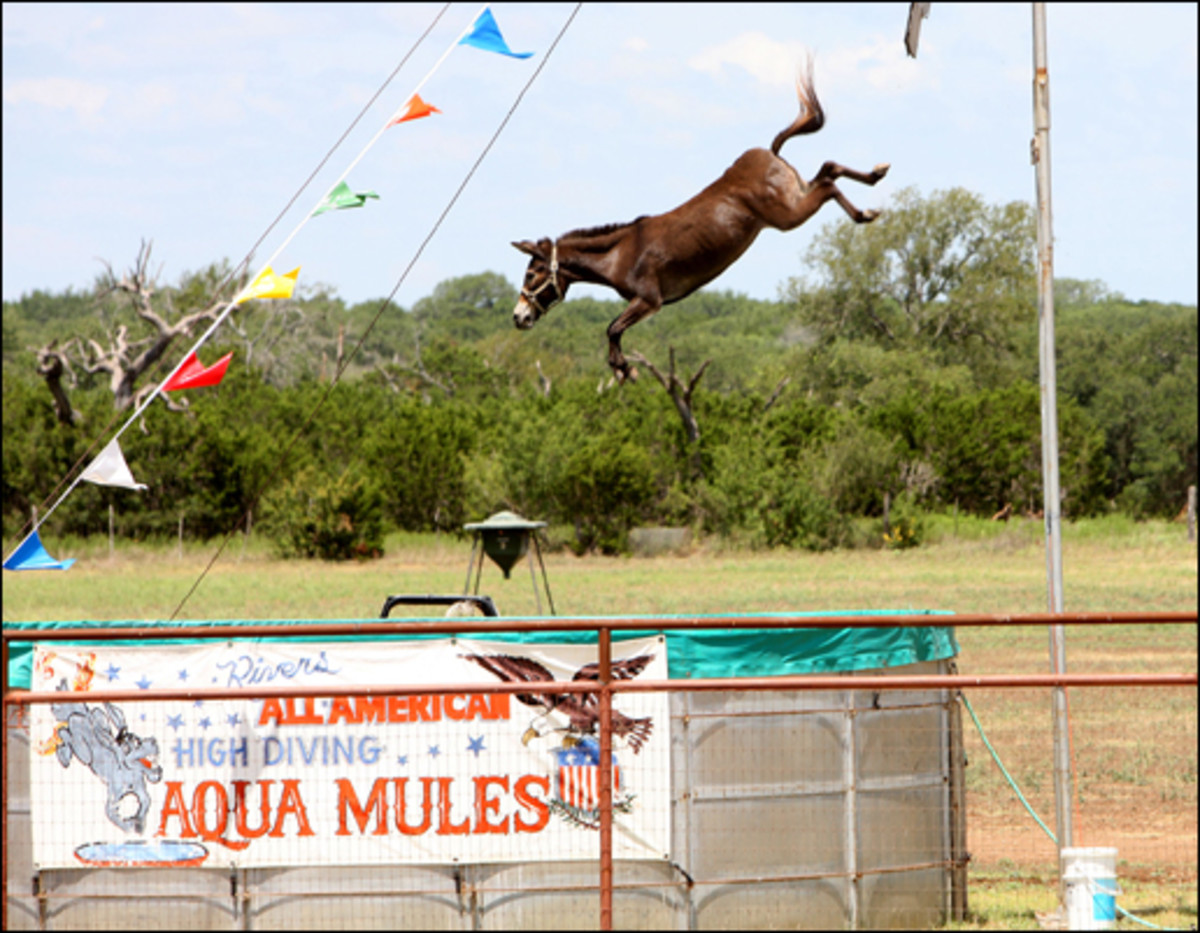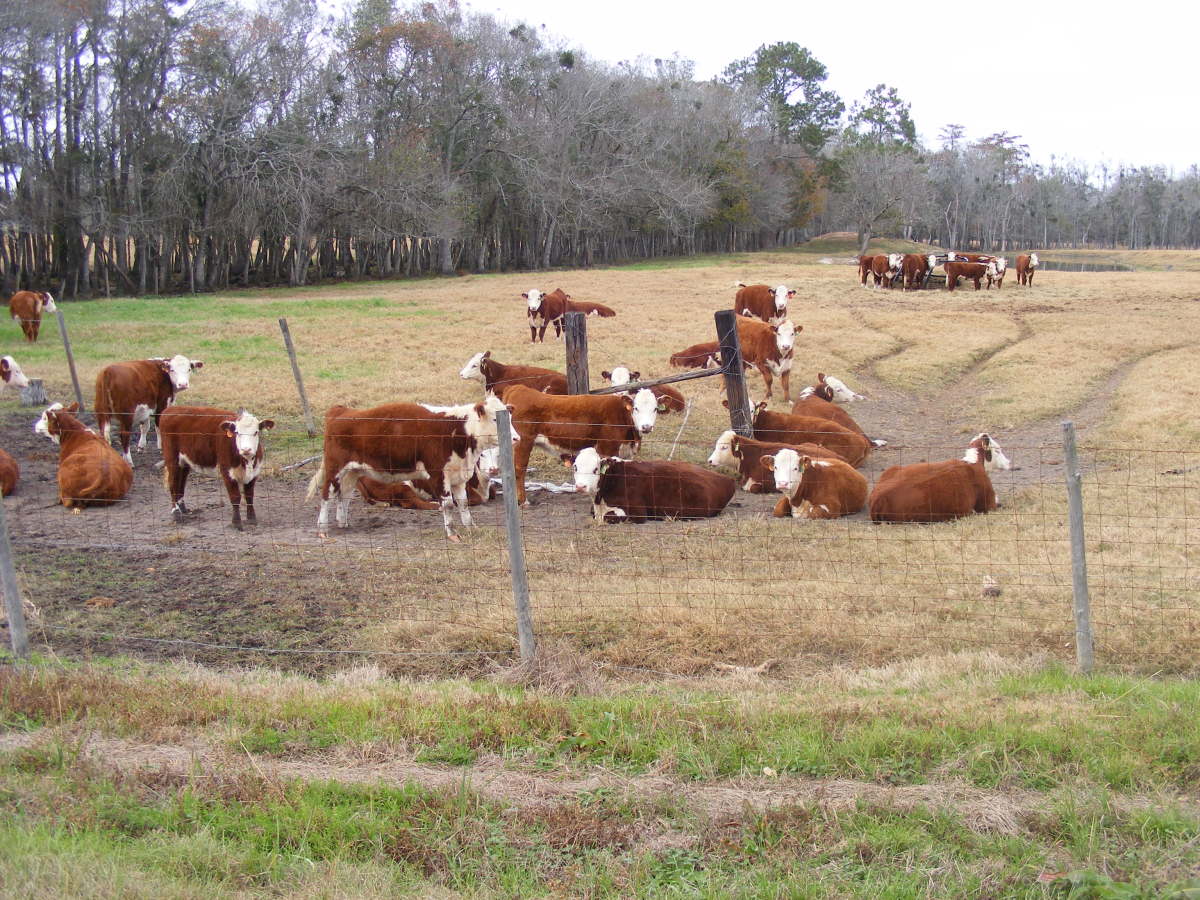Three Crucial Steps in the Prevention of Animal Cruelty

Report
Over the past few weeks you notice a family in your neighborhood has neglected their lawn and newspapers litter the driveway. On occasion you have heard the faint yelp of a dog behind a fence when you take an evening stroll with your own pet. Another week passes and the neighbors home is still dark, silent and empty. As you approach the privacyfence you hear a soft whimper as a little nose pokes through a wooden slat sniffing behind the gate. Shocked, you realize your neighbors have neglected to provide care for a family pet or simply abandoned an animal. The hungry pup is anxious for attention, food and water. Your first thought is how can people be so incredibly cruel? The next question running through your mind is who do you call for help? What constitutes animal cruelty? Animal cruelty encompasses a wide range of behaviors harmful to animals, from neglect to malicious killing. Most cruelty investigated by humane officers is "unintentional" neglect that can be resolved through education.
The scenario above is mild considering the sheer number of animal cruelty cases in the United States alone. Who do you call to report animal abuse or neglect?
According to the American Society for the Prevention of Cruelty to Animals ( ASPCA) each state and city may have different local authorities such as the police department or animal control division who handle animal cruelty cases. The ASPCA recommends you contact local law enforcement to provide as much information as you can. ANIMAL CRUELTY IS A CRIME. Providing as much clear and concise detail as possible will greatly assist the investigating officer. Details to report:
* Type of cruelty witnessed
* Date or dates of the incident
* location
* who was involved

- ASPCA | The American Society for the Prevention of Cruelty to Animals
The ASPCA works to rescue animals from abuse, pass humane laws and share resources with shelters nationwide. Learn more about what we do, and join our fight today!
Advocate
Animals can’t vote. We are their voice and we represent them in the political process. Animal advocates can take the appropriate steps to lobby for pro-animal legislation. Get involved.
City council members, state representatives, U.S. Senators, elected officials need to be reminded what their constituents think. Make your voice heard. Sending letters and e-mails to support pro-animal measures that are already on the legislative agenda will help convince politicians that the voters who put them in office demand to see animals protected from cruelty and neglect. Check out the ASPCA Advocacy Center for immediate action updates.
Do not support puppy mills. A puppy mill is a commercial dog breeding facility that is operated with an emphasis on profit above animal welfare.The term can be applied to operations involving other animals commercially bred for profit, for example "kitty mills."There are an estimated 4,000 puppy mills in the United States that produce more than half a million puppies a year.Commercial kennels may be licensed by the United States Department of Agriculture which may inspect the kennels.
Puppy mills house dogs in deplorable overcrowded and unsanitary conditions. The animals go without adequate veterinary care, food, water and socialization. Puppy mill dogs do not receive adequate attention, exercise or even basic grooming. To minimize waste cleanup, dogs and puppies are often kept in cages with wire flooring which injure their paws and damage legs. Cages are cruelly stacked up in columns. Breeder dogs at mills spend their entire lives outdoors, exposed to the elements, or kept inside indoor cages all of their lives. Commonly, after a breeder dog has reached four years of age, it is no longer needed and killed.

Educate
Lead by example. If you own or are responsible for the care of an animal make sure you are setting a good example for other adults and especially children. Educate young children to treat animals gently. Talk to older children and teenagers about the responsibilities of pet ownership. Animals need food, water, exercise, grooming and daily attention. Make sure children grow up with an understanding that animals feel pain and suffer just as human beings suffer and feel pain. Teach compassion.
Volunteer or donate to your local animal shelter. if possible foster an animal until it can find a loving forever home. Remember these inspiring words;
“The greatness of a nation and its moral progress can be judged by the way its animals are treated”- Mahatma Gandhi



IN YOUR OWN NEIGHBORHOOD and ONLINE
Below is an article from my own personal website entry titled "Love and compassion are necessities not luxuries..." The quote is from Tenzin Gyatso, 14th Dalai Lama, "without them humanity cannot survive." Our connection to all sentient beings is crucial to our planets survival. Kindness and compassion must be shown to all creatures and especially to those at our mercy.
Thousands of pet store owners in your own neighborhood may have adorable designer puppies for sale. Many stores and online companies advertise they can supply their customers with any and all "popular breeds". Where do the puppies come from? Store owners will tell you that they don't get their puppies from puppy mills and say their puppies are all from (United States Department of Agriculture) "USDA licensed breeders." What does that actually mean? If you investigate a little further you will discover many USDA licensed breeders are no consolation.
The standards of "care" required by the USDA are disturbingly inadequate and not what most people- animal lover, advocate or not- would consider the least bit humane. According to the ASPCA, under this federal Animal Welfare Act, which is enforced by the USDA, dogs in commercial breeding facilities can legally be kept in cages a mere six inches longer than the dog in each direction. If you have difficulty picturing what this looks like go to the ASPCA website and you can view some appalling photographs recently taken at these "breeder" facilities. It's extremely hard for people to look at photo's of animals being tortured and it damn well should be. If you have a conscience it should invoke feelings of sickness and disgust. There are other countries in the world that are much more brutal with dogs. Their treatment is much more severe and citizens, law enforcement and activists are working together to stop the greedy vicious cycle of stealing, maiming, skinning alive and then selling dogs and puppies for food. We as Americans cannot allow this to happen in our country. In the US right now dog cages in puppy mills and breeding facilities are stacked on top of one another as dogs live out their entire lives this way. They never step paws on the ground or the grass, breathe fresh air, receive veterinary care or even get cuddled or stroked by a human hand. Some breeding dogs will spend their lives outdoors exposed to the elements or crammed inside small dog house like structures. They are suffering in pain, hungry, there fur is matted and covered in urine and feces.
Believe it or not, it's completely legal in the US to house dogs and pups in cages with wire flooring. The standards of care currently required are leaving disastrous loopholes for dogs to be severely mistreated. Female breeding dogs have little or no rest and recovery time between bearing litters. Even more unbearable is the fact that when, after a few years, the females can no longer reproduce or when that "popular breed" goes out of “style,” the dogs are often abandoned, shot or starved to death. Most of the female breeder dogs are only fours years old when put to death. As painful as this may sound, please imagine your own pet. Imagine what it would be like for you to see your own dog or puppy suffer. You would never allow this to happen if you could prevent it, right? You can. You can do more than you realize. Imagine that you do something to save just one animals life. Imagine if we all did something to help. Now stop imagining and please, do it.
Midnight Mindquake-link to original post
“The indifference, callousness and contempt that so many people exhibit toward animals is evil first because it results in great suffering in animals, and second because it results in an incalculably great impoverishment of the human spirit.”- Albert Einstein









